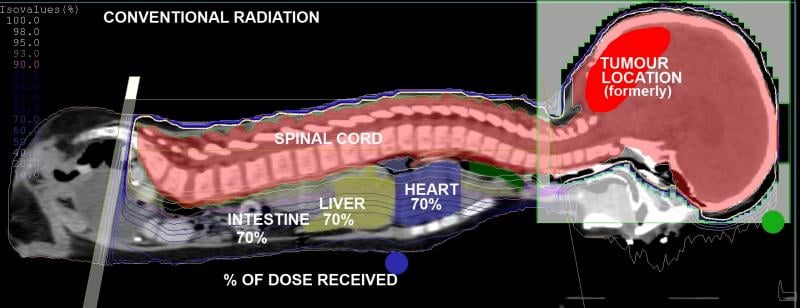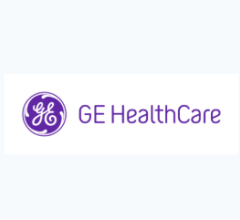
Ashya King's prescribed treatment plan for proton therapy
September 17, 2014 — Five-year-old Ashya King, the brain tumor patient whose case made headlines in Europe after his parents unlawfully took him from his hospital in Southampton, England, against the advice of doctors, began undergoing his prescribed treatment plan for proton therapy this week.
King was previously under the care of Southampton General Hospital for treatment of medulloblastoma. After unsatisfaction with the hospital’s treatment plan, King’s father sought more effective approaches through the Internet and came upon proton therapy. When the hospital refused to attempt it on King, his parents fled the United Kingdom to find a hospital that would, sparking a controversial debate.
The boy is now under the care of Motol University Hospital, where he is staying while undergoing treatment at the Proton Therapy Centre Czech in Prague. The overall course of treatment will take place over 30 visits; the first 13 will be to deliver irradiation to the entire tumor area—including the spinal cord, to ensure it is not spreading via cerebrospinal fluid—while the following 17 will be to treat just the tumor volume.
“There is a 70 to 80 percent survival rate for the condition such as the one Ashya has, and there is now every reason to hope that he will make a full recovery,” said his attending physician, Barbora Ondrová, M.D.
To illustrate the differences between proton therapy and conventional radiation therapy, the specialists at Proton Therapy Centre Czech drew up treatment plans for both techniques. In King’s case, it is necessary to apply the highest possible dose into the tumor but protect the tissue around it as much as possible. Vital structures to be protected include the heart, lung, liver and intestines. This means decreasing the risk of developing cardiovascular disorders, breathing disorders or metabolic disorders, and better protection of the swallowing functions and normal food intake.
For more information: www.ptc.cz



 January 30, 2026
January 30, 2026 









